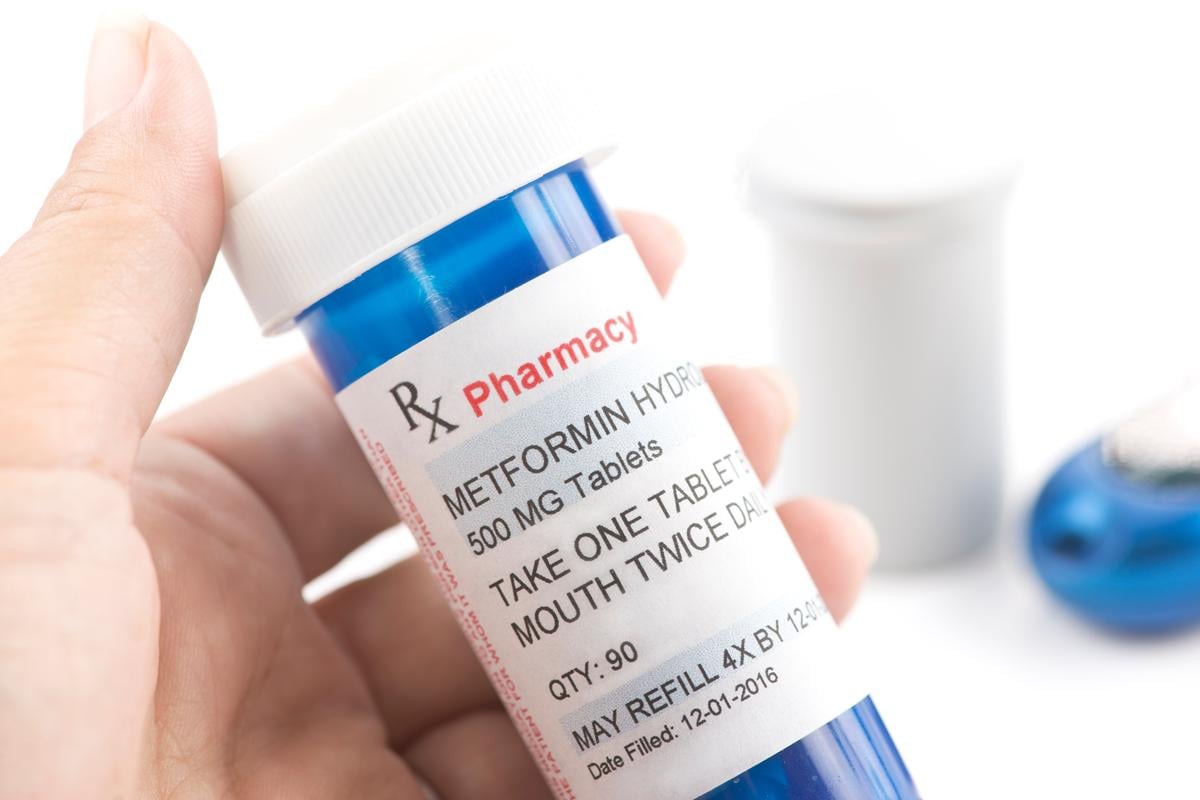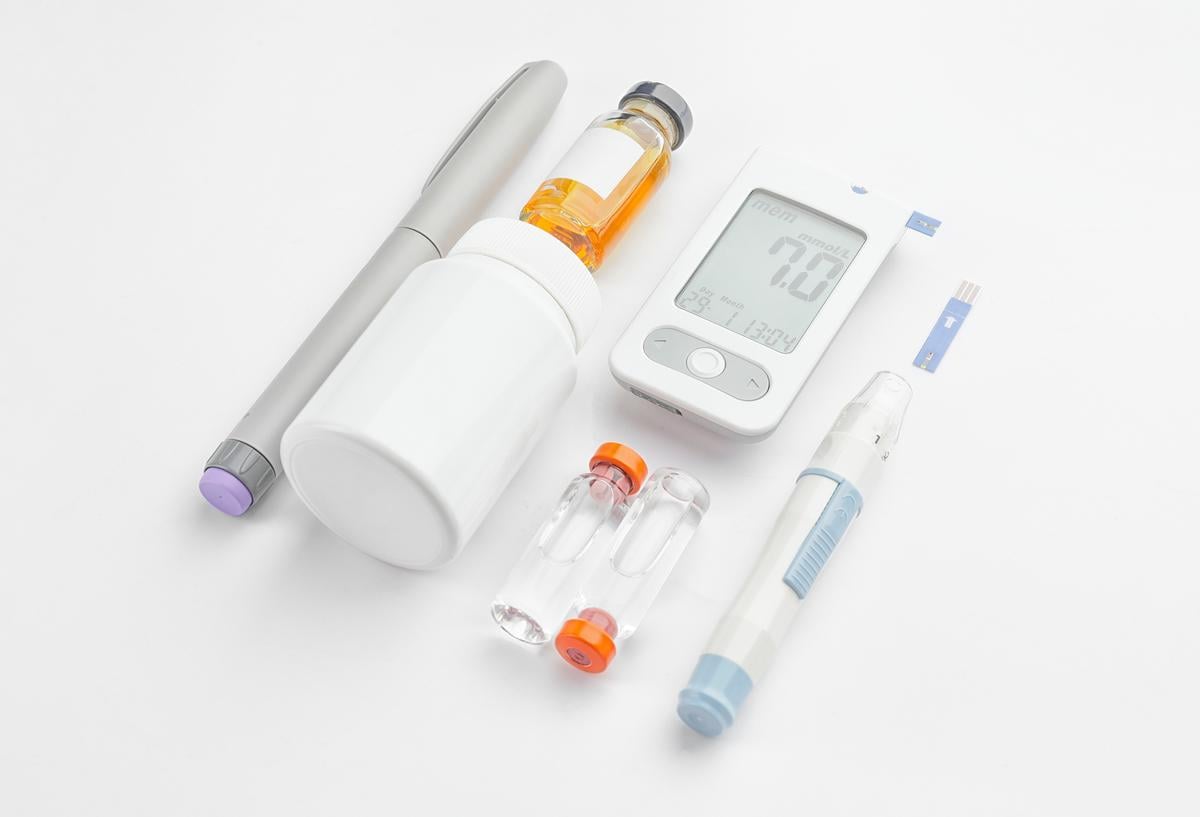
One of the most common diabetes drugs, metformin, might deliver an added bonus: Lowering users’ odds for Long COVID. Long COVID can present with symptoms including chronic fatigue, brain fog and chest pain and it may last weeks or months after an initial COVID infection. It’s thought that millions of Americans suffer with the illness. As… read on > read on >













.jpg)
















